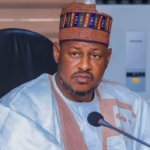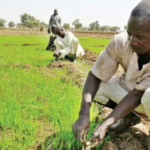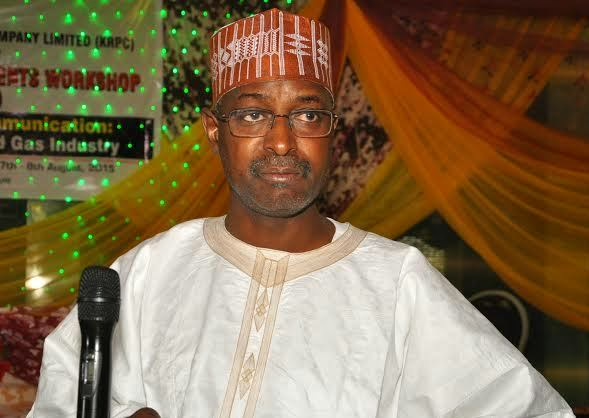Mukhtar Idi Maiha, Nigeria’s Minister of Livestock Development, has reiterated the federal government’s dedication to transforming the livestock industry into a key engine for job creation, social stability, and food security across the nation.
Speaking to a group of livestock journalists, Maiha revealed that the ministry has formulated a comprehensive National Livestock Resilience Strategy (NLRS) designed to steer policy and programmatic efforts over the next five years.
“The establishment of this ministry by President Bola Ahmed Tinubu marks a significant milestone for Nigeria. It opens avenues for wealth generation, employment opportunities, enhanced food supply, and peace in rural areas,” he stated.
Maiha highlighted that the number of states with dedicated livestock ministries or agencies has surged from just three last year to sixteen currently.
He further noted growing international interest in the sector, with negotiations underway involving foreign investors, including prominent agribusiness companies from Brazil.
The minister outlined ongoing initiatives such as the development of pasture lands, creation of feedlots, modernization of slaughterhouses, and animal health programs-all aimed at increasing meat and dairy output while reinforcing the livestock value chain.
Addressing the importance of peacebuilding, Maiha emphasized that sustainable progress in livestock cannot be realized without ensuring security and harmonious relations between farmers and herders. He announced plans to launch a nationwide peace campaign that will engage traditional rulers and community leaders to promote enduring stability.
Maiha also reaffirmed the government’s plan to relocate livestock from Abuja’s city center, describing this as part of a broader strategy to foster peace and modernize the sector.
“Our rural areas should be equipped with tractors, not armored vehicles. Milking machines must replace firearms. Our goal is peace, and we are committed to achieving it,” he declared.
Earlier, Dr. Victor Egbon, Director of Ruminant and Monogastric Development and representative of the permanent secretary, stressed the vital role of effective communication in shaping public opinion and advancing the livestock agenda.
Themed “Driving Livestock Growth Through Strategic Communication,” the retreat convened experts and stakeholders to enhance journalists’ skills in covering livestock development issues.
In the opening presentation, Mr. Peter Dama, President of the Rice Millers Association of Nigeria, underscored the media’s crucial role in highlighting the sector’s advancements.
Dama pointed out that the livestock industry not only supports employment and food security but also contributes significantly to Nigeria’s GDP, despite challenges like disease outbreaks, limited access to finance, and infrastructural deficiencies.
He encouraged journalists to embrace development communication techniques in their reporting, emphasizing that “without the media, it would be extremely challenging to disseminate positive messages effectively.”
Dama also advocated for inclusive reporting that involves livestock organizations and local leaders, cautioning that reforms such as ranching would falter without community participation.
In the second session, Dr. Ishaq Bello elaborated on the livestock value chain, differentiating between traditional agriculture and agribusiness.
He stressed the need to transition from subsistence farming toward commercially viable enterprises that encompass production, storage, processing, and marketing activities.
Bello clarified distinctions among ranches, farms, grazing reserves, and stock routes, emphasizing that proper management of grazing areas and corridors is essential to mitigating conflicts between herders and farmers.
The third presentation, delivered by Dr. Cletus Akwaya, former Group Managing Director of Leadership Newspaper, focused on the principles of ethical and investigative journalism.
He traced the development of journalism and distinguished between professional, academic, and citizen journalism.
Akwaya urged livestock correspondents to maintain high standards of professionalism, highlighting that truthful and ethical reporting is key to reducing stigma around the livestock sector, shaping public perception, and influencing policy decisions.
The retreat will continue with additional sessions exploring digital media tools, multimedia approaches for agricultural journalism, and practical techniques for reporting on the livestock industry.

















